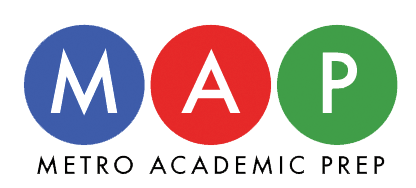Technology blazes forward blindly, offering up new advancements so often it is hard to keep track. Some of the benefits are noble, such as insulin pumps for diabetics, and some are professionally practical, like online banking. The modern world, we are told, can communicate better and is more connected. But this supposed communication and connectedness seems like an illusion. For while technology may help prolong life through medical breakthroughs and enhance it with entertainment, the deeper human connections are what make living worthwhile, and technology seems to be getting in the way of that.
Technology is just a means to an end. That end comes in the form of friendship, family, community, and a sense of well-being. I come from a very large family and have a strong core of friends, and it is important that I am with them often. Our time together is sweet and simple, yet also very meaningful. I was recently walking through the park with my friends, talking about nothing in particular, when one of my friends began to laugh for no reason. The absurdity spread until we were all on the grass genuinely crying from laughter. And then there is the other end of the emotional spectrum: Four years ago a young cousin of mine took his life. Without one another’s support, my family would not have been able to deal with this tragedy. There is also the community level: This past summer I interned at a pediatric office. I developed a strong attachment to the children who came in for checkups. Once, as a five-year-old boy was about to get blood drawn, he ran over and hugged me. I hugged him back, making him feel comfortable and letting him know that being in this world together is not merely a marketing slogan for internet providers.
Technology, despite its many benefits, often stands in the way of this substantive living. And when abused, it can lead us astray. Still, as I mentioned, many wonderful things have come from technology. I am able to keep in good touch with my family in Israel and Australia through email, and when my father goes away on business all I need to do is dial a number and hear the closeness of his voice from thousands of miles away. The issue here is finding the right balance in the way we use technology to help us live out the more meaningful parts of life. I often fail to find this balance. I use my cell phone too much and suffer from days of mindless internet addiction. But I am aware of the need for the balance, and that is a big step toward finding it.
I am also hardly the first to call attention to this issue. Henry David Thoreau was among the earliest to poetically express his concern that an abuse and overuse of technology sidetracks us from the more important matters of life. The reason technology so easily corrupts is because while technology has changed so rapidly, human beings have not. We have not spiritually or emotionally evolved as quickly as machines and devices have worked their way into every aspect of our lives. Nuclear weaponry is the most obvious example of our technology outpacing our humanity. Technology has not yet been able to unite whole cities as easily as it can destroy them.
I aim to make the connections with my family, friends, and community at large that bring depth to my days. That technology cannot offer. If I get caught up in the empty technology that surrounds me, as I frequently do, I try to remind myself that the most enjoyable moments in my life are made not of digital circuitry but of laughter, tears, and hugs—that is life. That is what matters.
